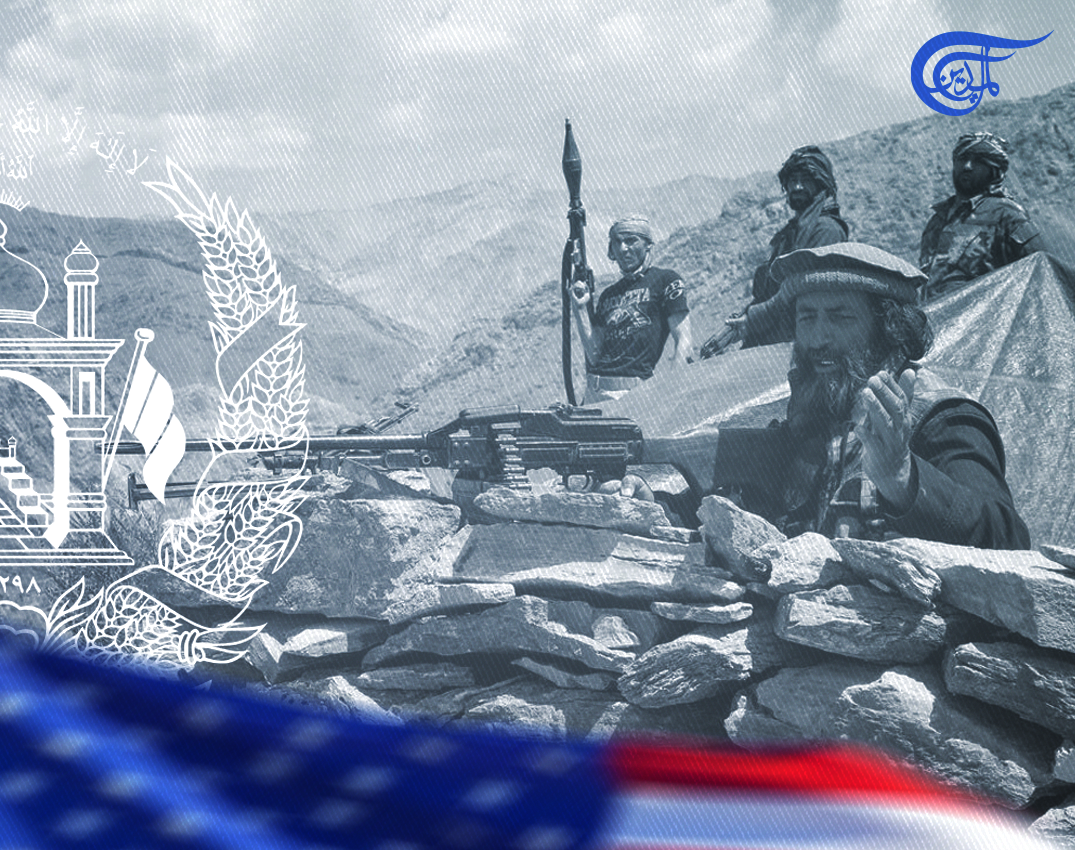The Humiliating US Retreat from Afghanistan and Implications for Iraq and Syria
the US sacrificed the people of Afghanistan twice: In service of US Cold War machinations, where it introduced Wahhabi terror to the country, then again, after 2001 when it compounded the suffering of the population under the pretense of fighting terrorism
In late 1962, at West Point military academy, the US presidential advisor and former Secretary of State Dean Acheson said, “Great Britain has lost an Empire and has not yet found a role.” One can already envision a senior political figure making a similar statement about the US and its crumbling Empire in the not so distant future. As in the 18th Century, Irish politician and philosopher Edmund Burke said, “a great empire and little minds go ill together.”
After the Al-Qaeda attacks on September 11, 2001, and the subsequent US-led occupation of Afghanistan and Iraq, key Iranian thinkers initiated what can perhaps be called a “rope-a-dope strategy.” In 1974, the legendary boxer Mohammad Ali famously used this strategy against his physically superior opponent George Foreman to wear him down and knock him out.
Fast forward 15 years to 2018, when then-President Donald Trump announced that the US had spent over 7 trillion dollars in its wars of aggression across West Asia. While this admission does not take into account the incalculable damage to US soft power, nor does it include the trillions of dollars spent during the subsequent three and a half years of his term, it is clear that US hegemony across the region is nowhere near as secure as it was in 2003.
The misery was largely self-inflicted, since in the 1980s the US and Saudi Arabia supported the rise of Salafi/Wahhabi extremists in Afghanistan. In fact, even before the Soviet invasion, US President Jimmy Carter’s Machiavellian US National Security Advisor Zbigniew Brzezinski was working to lure the Soviet Union into invading Afghanistan in order to create a “Vietnam” for Moscow. However, Brzezinski not only helped destroy a relatively prosperous Afghanistan, but he also unwittingly set the course for the 9/11 attacks a little over two decades later.
The US sacrificed the people of Afghanistan twice: first, in service of US Cold War machinations, where it introduced Wahhabi terror to the country, and then again, after 2001, when it compounded the suffering of the population under the pretense of fighting terrorism. The humiliation of a brutal and unaccountable occupation aside, the dramatic rise of opium-related poppy farming and enormous civilian death tolls made a mockery of attempts by western media, think tanks, “human rights” organizations, and state officials to frame this US occupation as somehow benign or progressive.
After the welcome - yet suspiciously hasty - departure of western troops, the Islamic Republic of Iran invited high ranking delegations from Afghanistan’s collapsing government, the Taliban, and senior Afghani political figures for two days of talks to prevent another devastating civil war. On the sidelines, officials and stakeholders from various Asian countries held private talks with the delegations and Iranian officials.
As usual, Iran and other states directly impacted by nations destroyed by Western-led adventurism, dirty wars, and occupation must pick up the pieces. The reality of the Pashtun-dominated Taliban must be accepted, but the security and dignity of other ethnic groups and religious sects must be protected as well.
During numerous negotiations, the Taliban provided senior Iranian military and political officials with strong assurances that these groups will be respected, women’s roles in civil society and their right to education preserved, ISIS combated, and internationally recognized boarders maintained. For the time being, the dominant belief in Tehran is that the Taliban today is probably not the same as the Saudi, Pakistani, and UAE-backed Taliban of the 1990s. While Iran is not by any means assured and remains fully prepared to assist potential targets of Taliban-linked intolerance, it is also prepared to give the Taliban an opportunity to prove it will abide by commitments, as well as help create a new environment for an inclusive Afghanistan, free of foreign occupation and domination, that can be a center for regional growth and stability.
Meanwhile, eyes are turning to Iraq and Syria. Those Iraqis and Syrians who are affiliated with western occupation and domination should keep in mind that the overburdened and declining US Empire is not even faithful to its sacrificing loyal subjects, let alone mercenaries. As in Afghanistan, they will ultimately be forced to leave in the dead of night and without properly informing their proxies. It is time for them to start seriously thinking about jumping off this USS Titanic.

 Seyed Mohammad Marandi
Seyed Mohammad Marandi
 4 Min Read
4 Min Read












